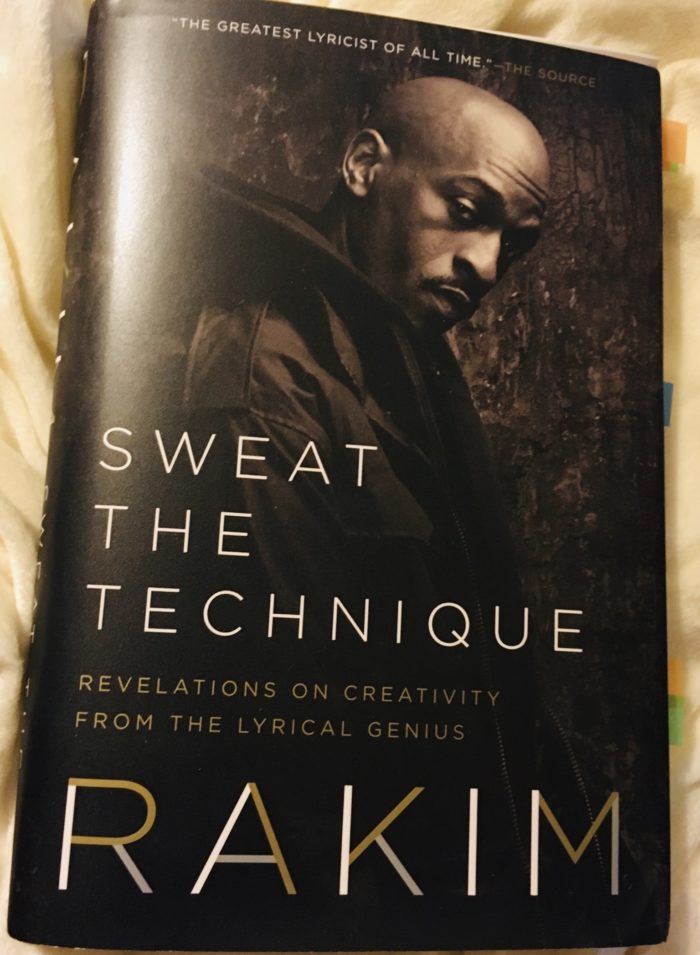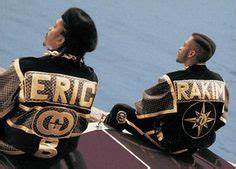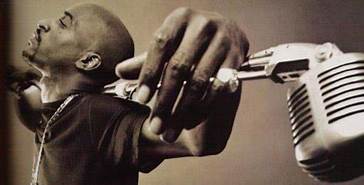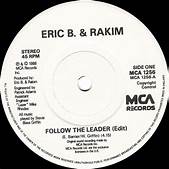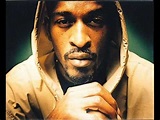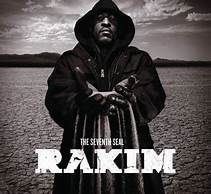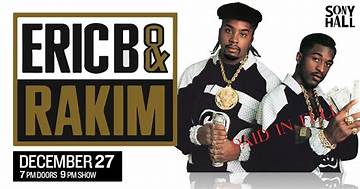In recent years, lots of hip hop artists and rap moguls have published career biographies. Books by Jay-Z, ?uestlove of the Roots, or members of Wu-Tang Clan, strive to demystify the music business by revealing what contributes to the fame or success of each artist; but these cultural documents also contain stories about the personal challenges and creative inspirations that shaped their lives and the lyrics of their songs.
Born William Michael Griffith Jr., the rapper known as “Rakim Allah,” was still a teenager when his game-changing first album Paid in Full came out In 1987. Spitting bars over funky, downtempo beats structured by his deejay/producer Eric B., Rakim sounded like no other emcee. One reason was because of his subject matter. The title track “Paid in Full” was a streetwise but uplifting tale of redemption…about how a spiritual rebirth could turn a former “stick-up kid” into a righteous, optimistic, working man.
Equally full of clever word play, autobiographical detail, and Supreme Mathematics, singles like “Move the Crowd,” “Microphone Fiend,” and “Eric B. Is President” became instant classics.
“I spent a lot of time fighting with myself about the person I wanted to be on the mic,” Rakim confesses about the songs crafted for his album debut. “I thought I should include what I was learning from Islam in my rhymes. I was proud, and I wanted everyone to know that I was in the Five Percent Nation.”
Besides Islamic metaphysics, Rakim blended other influences into his style of rap. He borrowed ideas from James Brown, John Coltrane, Thelonious Monk…even veteran r&b singer Ruth Brown. Fellow rappers whose style he admired included: Kool Moe Dee and Grandmaster Caz of the Cold Crush Brothers. Back then the world of hip hop was small and tightly connected. Gigs at the Latin Quarter in midtown could make or break new performers. Rap labels, rap clubs, and rap radio shows all existed in close communication and collaboration with each other. Mix tapes ruled.
We revisit all this through Rakim’s eyes as he describes rising to global stardom while touring the world and becoming a father. Then, in 1989, he lost his own father to bone cancer. Other tragic misfortunes followed. Gangsta rap started to overshadow and squeeze out many forms of progressive rap. At the same time, Hollywood began making so-called “gangsta rap movies” that contained no roles for the kind of positive role model Rakim wanted to be.
Most importantly—after six years and four hit albums—Rakim’s relationship with his producer Eric B. began to sour and fall apart.
“Eric B. And Rakim’s four albums overlapped perfectly with the Golden Era of hip-hop,from 1986 to 1992,” Rakim recalled. However once the two young innovators ended their partnership, Rakim felt pressured to follow the violent and negative trend of gangsta rap, because drug war and murder rhymes were what sold best at the time. Accordingly, a greedy record industry tempted all rappers to move in that direction. Rakim refused, because he’d spent years building himself up as a conscious person who spoke about self-esteem and righteousness. “I could have told gangster stories better than anyone,” Rakim assures us, “I could have rhymed about things my friends did in the streets. There were plenty of stories I’d seen and heard.”
Instead, Rakim waited out the worst of the gangsta rap years in studio silence. Then in 1997 he dropped his comeback album The 18th Letter, and has been rebuilding his unique brand ever since.
The first 15 years of the 21st century were hard for most recording artists because of an industry-wide recession. Many established stars went dormant. Putting out The Seventh Seal (his 7th album) independently in 2009 led Rakim into lucrative “Legends of Hip Hop” tour packages and new multi-media opportunities—including the sold-out reunion concert of Eric B. and Rakim at the Apollo Theatre in 2017. Today, classic hip hop performers are on the rise again. Rakim’s current multi-city book tour is a significant part of that process.
“My music has always been about trying to spread positivity and wisdom,” Rakim says about the continuing impact of his career. “I want my art to elevate understanding, motivate thinking, evoke emotion, and compel action that changes the world.”
